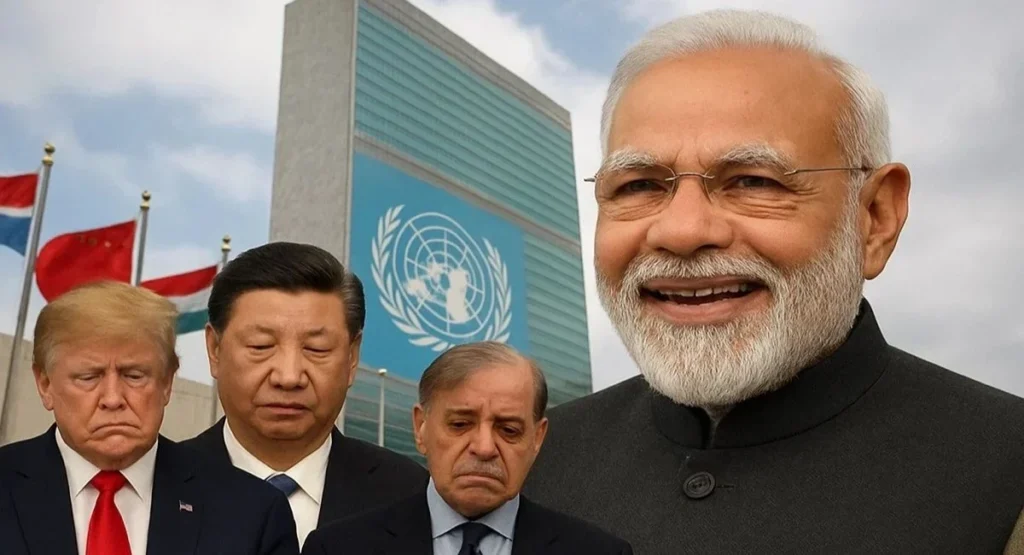Former President Donald Trump has expressed his unequivocal support for Israel following the recent escalation of violence in Gaza. The White House has confirmed that Trump stands firmly behind Israel’s actions in the region, underscoring a continued alignment with Israeli policies that prioritize national security and defense against perceived threats. This endorsement comes at a time when tensions have reached new heights, resulting in significant civilian casualties and a humanitarian crisis in Gaza, raising questions about the legal and moral implications of military actions in densely populated areas.
The support from Trump, a key figure in American politics, resonates with a segment of the U.S. population that views Israel as a crucial ally in the Middle East. His administration had previously been characterized by strong pro-Israel policies, including the controversial relocation of the U.S. embassy to Jerusalem. By reaffirming his support, Trump aims to consolidate his base, particularly among evangelical Christians and conservative groups who prioritize Israel’s sovereignty and security. This continued backing may also influence ongoing discussions in Congress regarding U.S. foreign aid to Israel and the broader geopolitical implications of American involvement in Middle Eastern conflicts.
As the situation in Gaza develops, the implications of Trump’s stance on Israel are likely to further polarize public opinion in the United States. Critics argue that unqualified support for Israel can exacerbate the humanitarian crisis, while advocates contend that Israel has the right to defend itself against attacks. The broader context of U.S. foreign policy in the region remains complex, with various stakeholders advocating for different approaches to achieving lasting peace. Amidst this backdrop, Trump’s commitment to Israel’s military actions raises critical questions about the future of U.S.-Middle East relations and the potential for renewed diplomatic efforts aimed at resolving the ongoing conflict.
In conclusion, Trump’s declaration of support for Israel’s recent military actions in Gaza highlights the enduring complexities of international relations and domestic politics. As international communities call for restraint and dialogue, the U.S.’s position, influenced by its leaders, will play a significant role in shaping the trajectory of peace efforts in the region. With the situation evolving rapidly, the world watches closely to see how this conflict unfolds and how U.S. leadership will respond to the humanitarian needs arising from it.




